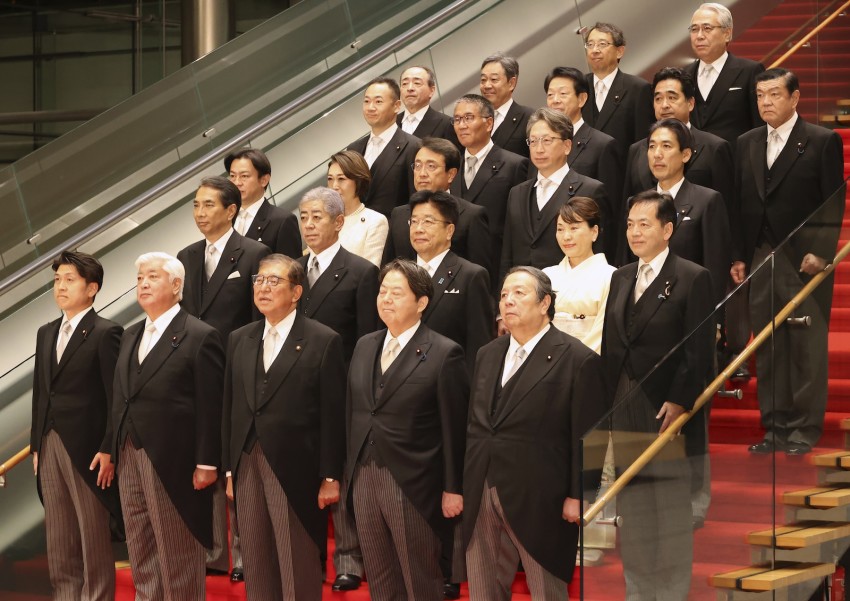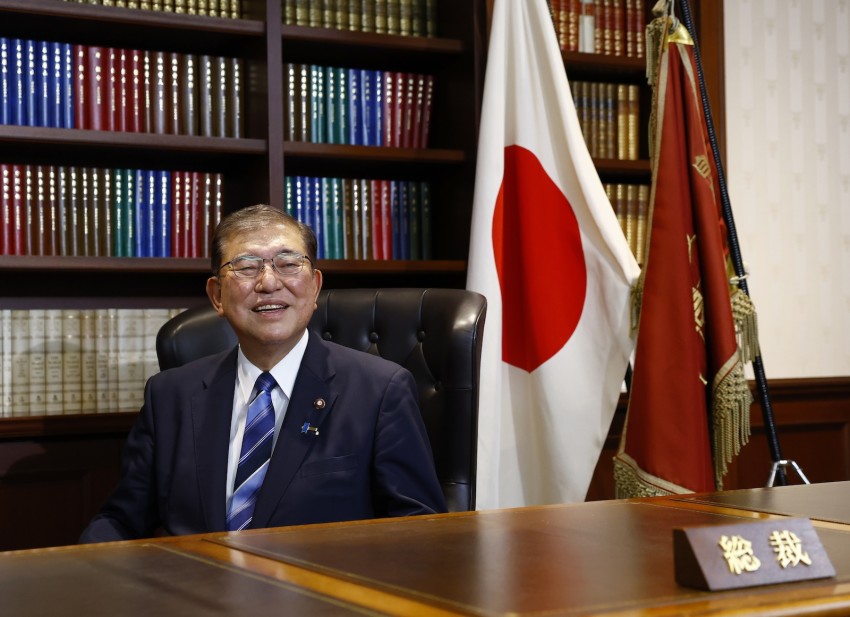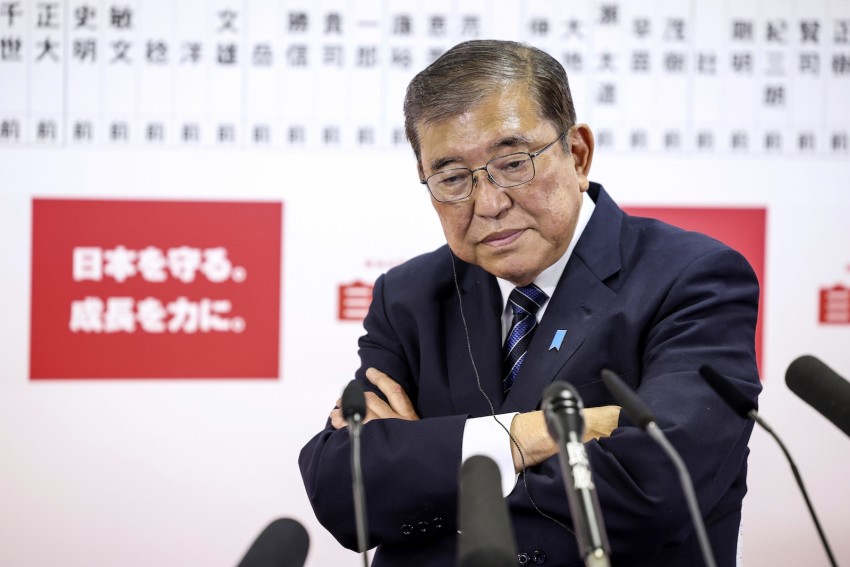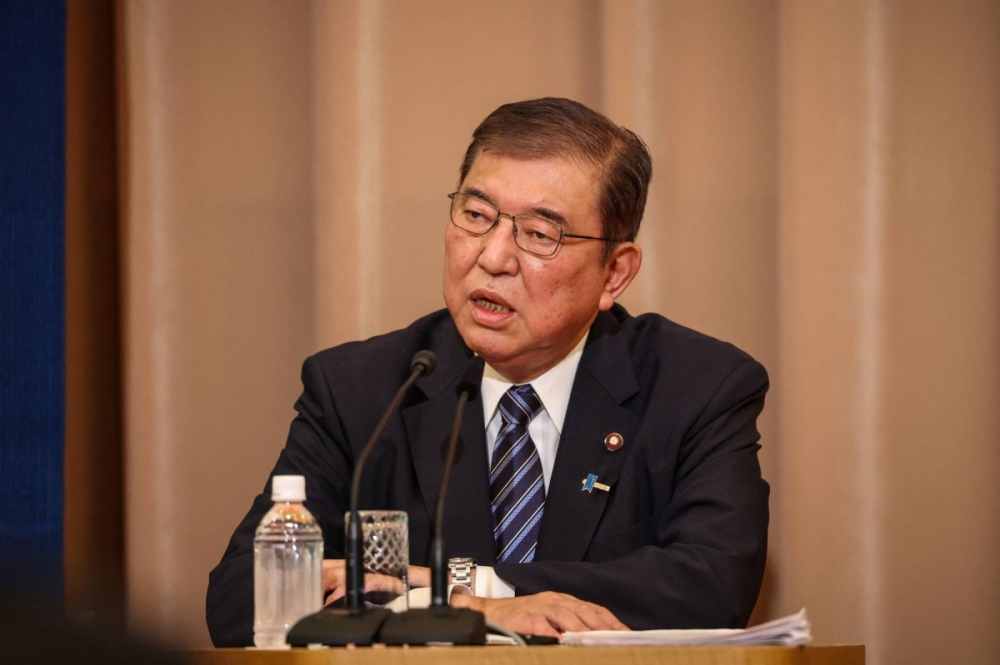LDP leader candidates split on separate surnames for married couples

As debates intensify among candidates in the ruling Liberal Democratic Party's (LDP) presidential election, the issue of whether to allow married couples to retain separate surnames is creating a clear divide between reform-oriented and conservative factions within the party. This contentious topic has long sparked debate, touching on deep-seated cultural values around family unity and individual rights.
Conservative members of the LDP have traditionally been vocal in their opposition to the idea of separate surnames for married couples, arguing that such a change could undermine the traditional family structure. They assert that sharing a family name is a cornerstone of unity within Japanese households, and that allowing couples to keep different surnames would weaken this bond. For conservatives, this debate touches on larger concerns about preserving traditional Japanese values in the face of changing societal norms.
However, in a significant shift, some of the leading candidates in the presidential race, such as former Environment Minister Shinjiro Koizumi, digital minister Taro Kono, and former party Secretary-General Shigeru Ishiba, are advocating for change. These candidates are pushing for legislation that would enable married couples to choose separate surnames if they wish. They argue that such a move is necessary to reflect the evolving dynamics of modern Japanese society, where more individuals, particularly women, are seeking to maintain their professional identities post-marriage.
Koizumi, Kono, and Ishiba have pointed out that Japan is one of the few countries that still mandates a shared surname for married couples. They argue that giving couples the option to keep their original surnames would promote greater gender equality and personal freedom, allowing individuals to preserve their sense of identity after marriage. For many reformists, this issue is not just about family names but about modernizing Japan's social and legal frameworks to better align with the values of a more progressive society.
The push for separate surnames has also gained traction among younger generations and working professionals, who see the current system as outdated and limiting, particularly for women in the workforce. Many women have voiced concerns that changing their surname upon marriage can disrupt their careers, professional networks, and social identities.
Despite these arguments, the path to reform remains fraught with challenges. The conservative wing of the LDP remains influential, and resistance to the idea of separate surnames is still strong. Many conservatives argue that allowing separate surnames could erode the traditional concept of family unity, a core value they believe is vital for the social fabric of Japan.
As the LDP's presidential election continues, the debate over separate surnames has become a litmus test for the party's direction. Whether the next leader will side with reformists seeking to modernize Japan's family laws or conservatives aiming to preserve traditional values will be pivotal in shaping the future of this policy. Regardless of the outcome, the discussions around this issue are likely to continue, reflecting broader societal shifts and the ongoing struggle between tradition and progress in Japan.













